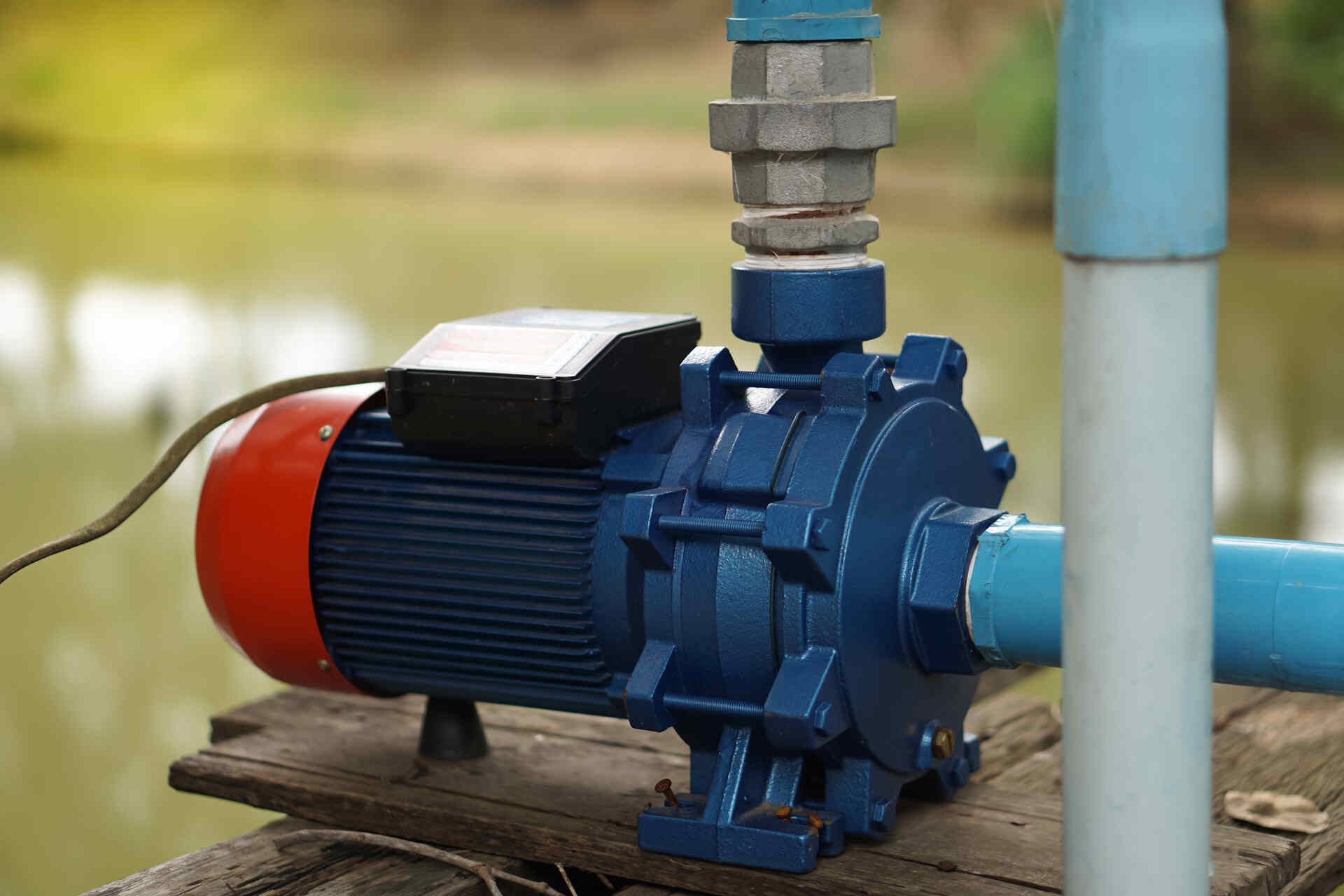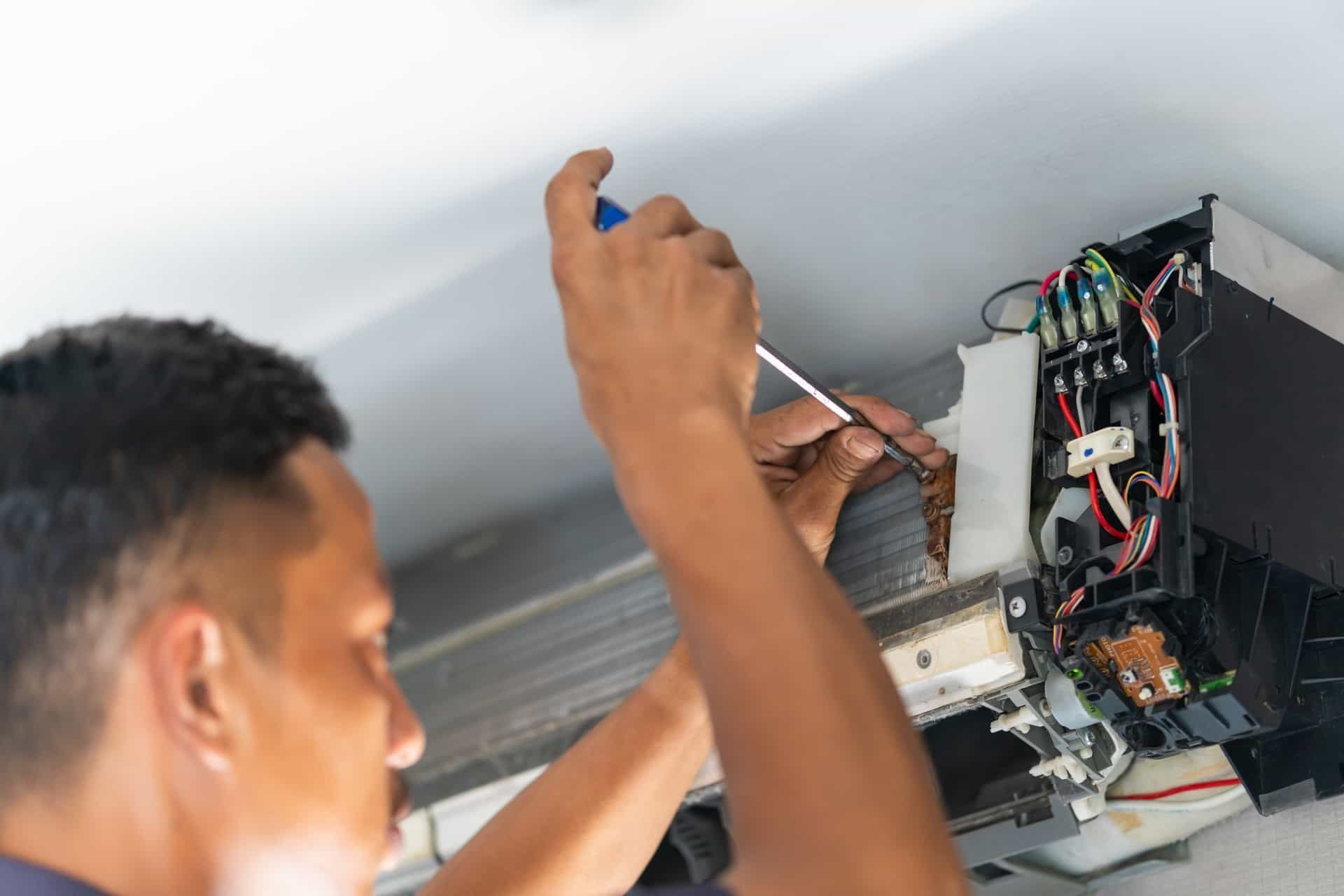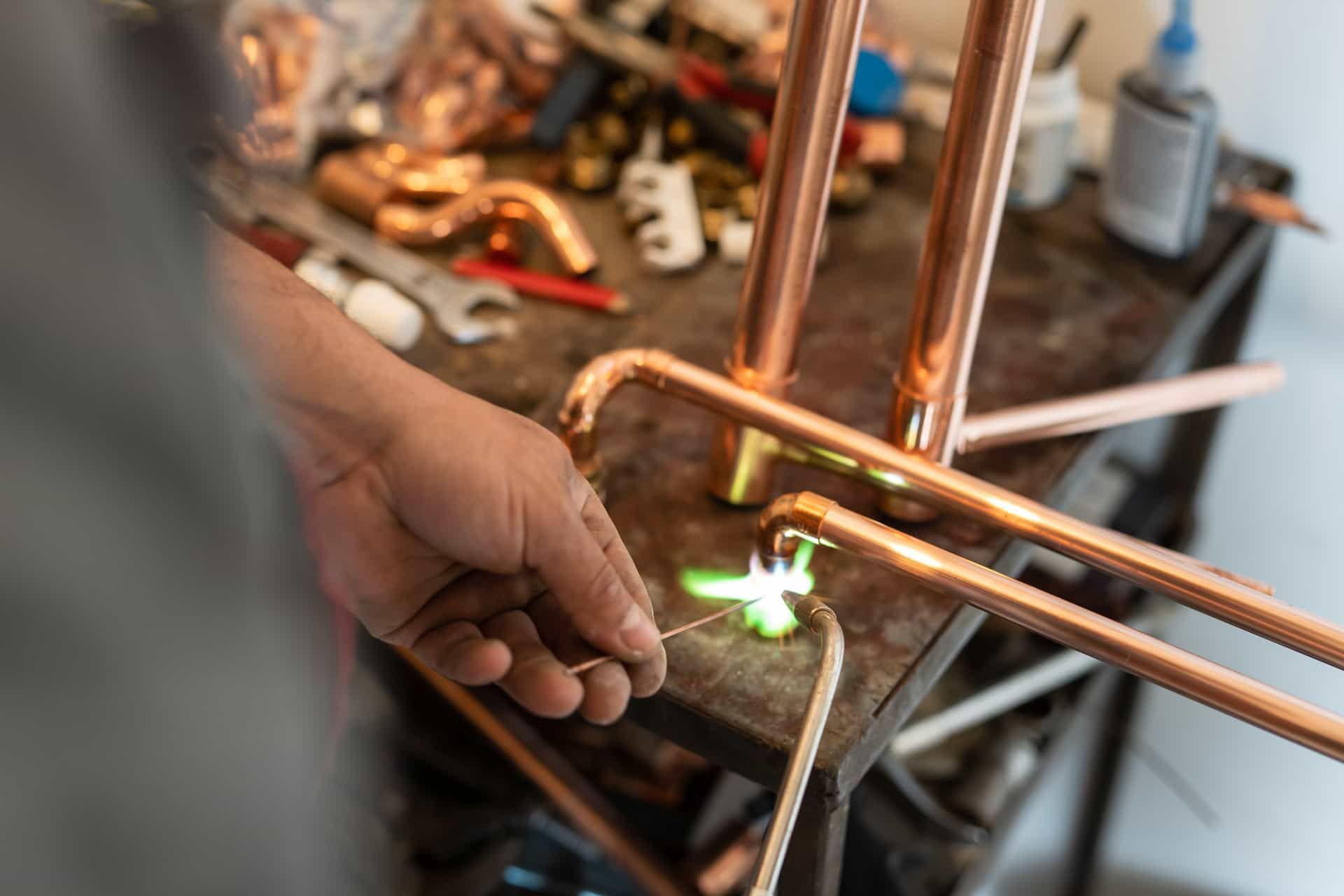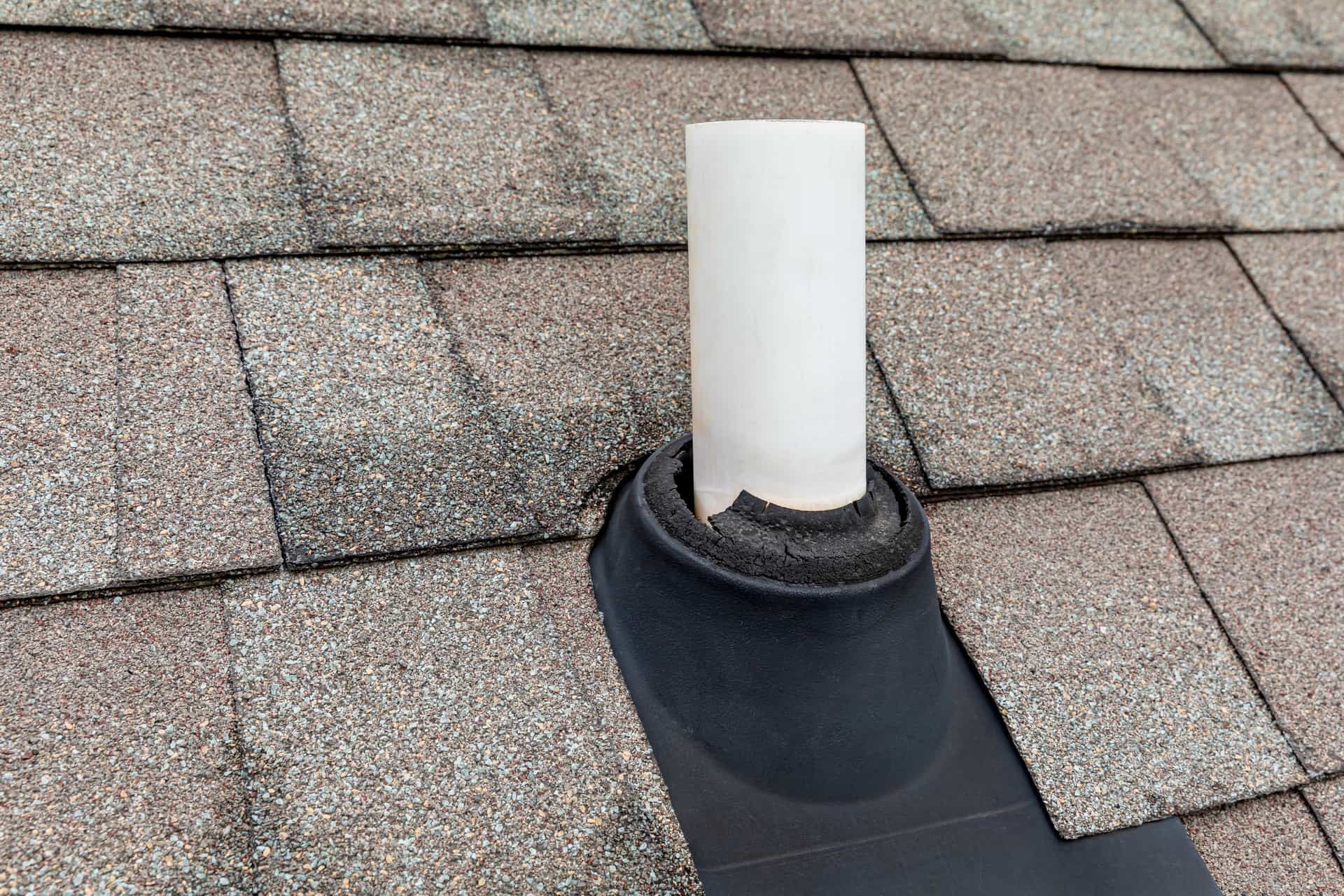Articles
HVAC Contractor Tips and Articles For Your Home
How to Choose the Right HVAC System for Your Home?
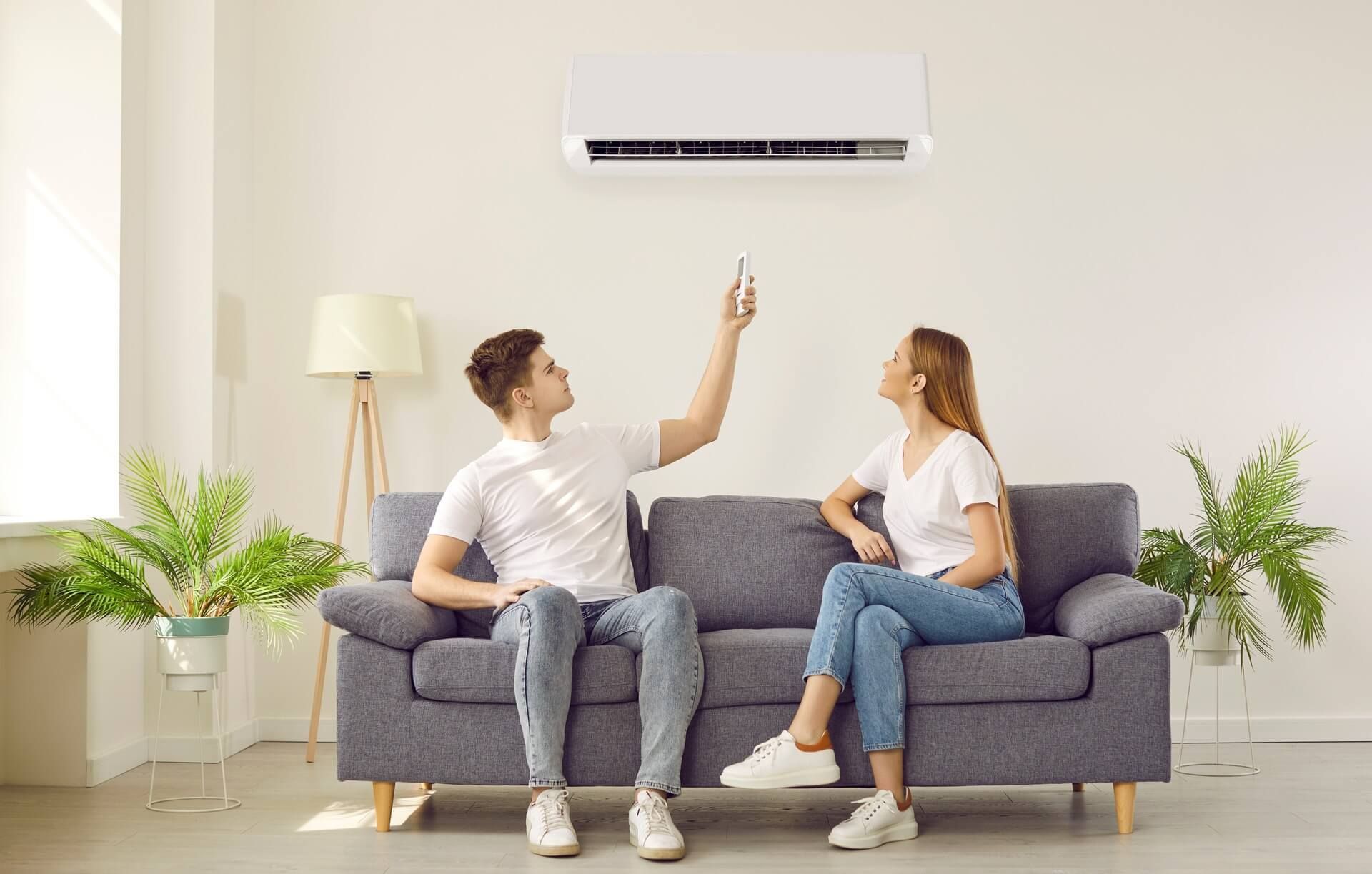
Choosing the HVAC system for your home is essential to guarantee comfort, energy efficiency, and cost-effectiveness. With various options on the market, it can be daunting to determine the system for your specific requirements.
Whether you are looking to replace a unit, construct a new residence, or enhance energy efficiency, understanding the various HVAC systems available and what factors to consider can assist you in making a well-informed choice.
This guide will walk you through the steps in selecting the right HVAC system for your home, emphasizing crucial factors, the different system types available, and tips to make a wise decision.
Understanding HVAC Systems
What Does an HVAC System Do?
An HVAC (Heating, Ventilation, and Air Conditioning) system manages the indoor environment by regulating temperature, humidity levels, and air quality. The primary components typically include:
- Heating: Provides warmth during winter seasons.
- Ventilation: Enhances air circulation. Maintains air quality.
- Air Conditioning: Cools spaces during hotter periods
Types of HVAC Systems
1. Split Systems: Split Systems are HVAC setups that comprise separate indoor and outdoor units. They are ideal for residences requiring temperature regulation.
- Central Air Conditioning: Central air conditioning is excellent for keeping large spaces cool and ensuring temperature distribution throughout the house.
- Heat Pumps: Heat pumps are versatile as they can offer heating and cooling capabilities by transferring heat indoors and outdoors.
2. Ductless Mini-Split Systems:
Ductless mini-split systems are convenient for homes without ductwork or room additions, offering zoning flexibility and energy efficiency.
3. Packaged Systems: Packaged systems consolidate all components into a single unit typically placed outside the home, making them ideal for homes with limited indoor space.
4. Geothermal Systems: Geothermal systems utilize the earth's temperature to heat and cool. They are highly energy-efficient, but they have a higher initial cost.
Key Factors to Consider When Choosing an HVAC System
1. Home's size and layout
The size of your home and its layout significantly impact the type and size of the HVAC system you need. A system that is too small will struggle to maintain comfort. At the same time, one that is too large will cycle on and off frequently, leading to inefficiencies and higher energy costs.
An HVAC expert performs a Manual J calculation to determine the ideal system size, considering your home's footage, insulation quality, window types, and local climate.
2. Climate Considerations
When choosing the HVAC system, your local climate plays a critical role. Different systems perform better under specific climate conditions.
- Hot Climates: Central air conditioning or heat pumps work well in areas with summers.
- Cold Climates: Furnaces or geothermal systems are more suitable for regions with winters.
3. Energy Efficiency Matters
Energy efficiency is critical to lowering utility costs and reducing environmental impact. Look for systems with high SEER (Seasonal Energy Efficiency Ratio) ratings for cooling and high AFUE (Annual Fuel Utilization Efficiency) ratings for heating.
Look for Energy Star Certification:
Systems that carry the Energy Star certification meet energy efficiency standards set by the Environmental Protection Agency (EPA), resulting in lower energy consumption and cost savings.
4. Consider Budget and Installation Costs
When deciding, factor in both the initial cost and long-term operating expenses. While high-efficiency systems may have a higher price tag, they can lead to substantial savings over time.
Check Your Ductwork:
If your home already has ductwork, its condition can impact your choice of HVAC system. Damaged or poorly insulated ducts can cause energy loss; consider repairs or choose a ductless system if ductwork is not feasible.
5. Prioritize Maintenance and Reliability
Different HVAC systems require varying levels of maintenance. Regular maintenance is essential to keep your system running and extend its lifespan. When selecting an HVAC system, opt for one that's easy to maintain and saves time and money.
6. Enhancing Indoor Air Quality
A sound HVAC system should also enhance indoor air quality. To create a living environment, look for air filtration, humidity regulation, and proper ventilation.
7. Managing Noise Levels
Consider noise levels, especially if the system is near living or sleeping spaces. Choose systems that operate quietly to prevent disturbances.
Tips for Selecting the Right HVAC System
1. Seek Advice from a Reliable Technician
Consult an HVAC technician to evaluate your home's requirements, get recommendations, and ensure installation. A trusted technician will guide you through options and help you make an informed decision.
2. Research and Review Feedback
Reading customer reviews and conducting research can offer insights into systems' reliability and performance. Seek suggestions from friends, relatives, or neighbors who have recently upgraded their systems.
3. Plan for Future Needs
Anticipate future changes impacting your HVAC requirements, such as home expansions or energy efficiency upgrades. Choose a system that can adapt to these changes to avoid replacements.
4. Look into any discounts or bonuses
Search for rebates and incentives from utility companies or government programs for setting up energy systems. These can help offset the expenses and offer savings.
5. Request estimates from multiple HVAC contractors
Obtain quotes from HVAC contractors to compare prices, services, and warranties. This will assist you in identifying the value of your investment, especially when considering ongoing HVAC maintenance, which is crucial for ensuring your system operates efficiently and lasts longer.
Conclusion
Selecting the HVAC system for your residence requires evaluating various factors, such as your home's size, climate conditions, energy efficiency, and financial resources. By familiarizing yourself with the options and seeking advice from a professional, you can choose a system that suits your requirements and delivers comfort and efficiency.
If your home has a poor HVAC system, contact Gleason Heating Services today. We’ve been in business for many years, and we’ve made a name for ourselves as one of the most trusted and reliable plumbing, sewer, heating and air conditioning, and electrical companies in Wauconda, Illinois. Contact Gleason Heating and Air Conditioning today to schedule an appointment.
Disclaimer: The information on this website and blog is for general informational purposes only and is not professional advice. We make no guarantees of accuracy or completeness. We disclaim all liability for errors, omissions, or reliance on this content. Always consult a qualified professional for specific guidance.

